Anxiety
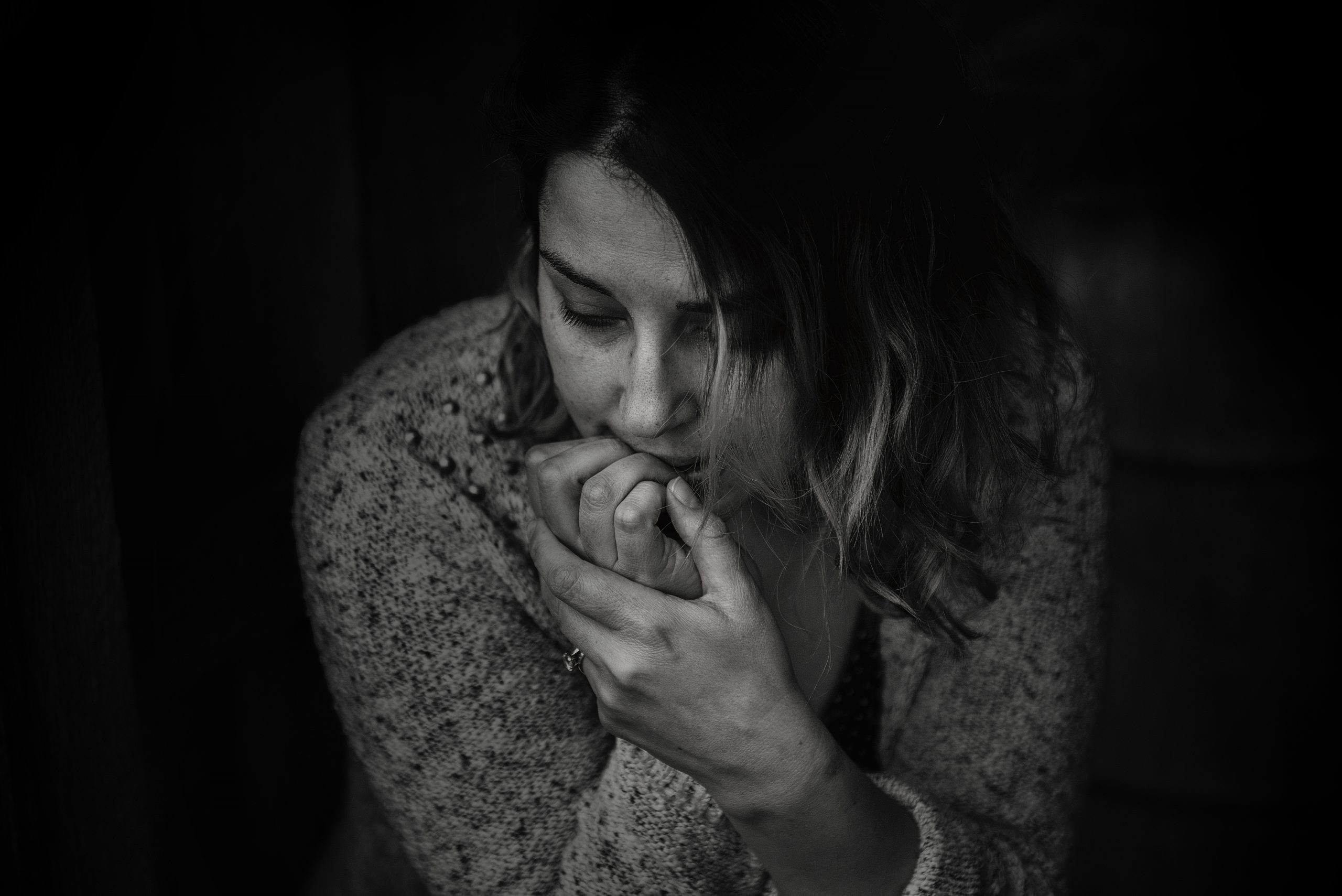
What is anxiety?
Anxiety is a normal response the body has when faced with a stressful situation. An anxious response is felt in the body as well as the mind and heart. While everyone feels anxiety at some point, generalized anxiety disorder (GAD) is a mental health problem that is diagnosed by a doctor or counselor. Generalized Anxiety disorder is very different than the normal feelings of anxiety. It goes beyond regular worry and stress and into a fear that gets in the way of your life.
The difference between anxious feelings and a mental health disorder like generalized anxiety disorder depends on how often you feel it, how strong it feels, and how long it lasts. Think of it like this, having an anxious feeling will cause you to feel stressed for a little while, but eventually it will go away. It’s like any other feeling, like happiness or sadness- these emotions come and go. These feelings don’t stick around for lots of hours or days- they aren’t felt long term.
Generalized anxiety disorder is different because it stays for a long time. Those with generalized anxiety disorder don’t feel much relief and feel most of their day involves overwhelming anxiety, fear, and worry. GAD gets in the way of daily responsibilities and causes lots of stress.
Anxiety causes constant worry that bad things could happen. With anxiety you can’t seem to concentrate on anything else. The anxiety gets in the way of things you used to enjoy. People around start to notice a difference in you and it causes you to feel drained and tired. Not to mention the problems you feel in your body like upset stomach, bowel problems, headaches, high blood pressure, rapid breathing, etc.

What are the signs and symptoms of anxiety?
Generalized anxiety disorder (GAD) has symptoms for 6 months or more. Here are the signs and symptoms of GAD:
- feeling on edge,
- your mind going blank,
- tense muscles,
- hard time sleeping,
- fatigue, and
- feeling irritable.
Other symptoms can include:
- rapid heart rate,
- hot flashes,
- intrusive thoughts,
- rapid breathing,
- fear, and
- numbness.
Anxiety comes with loads of worry and thoughts that aren’t rational about bad things that could happen. Thoughts won’t go away even when you try to ignore them or think about other things. It’s as though your anxious thoughts are never-ending and spiral faster and faster with no relief.
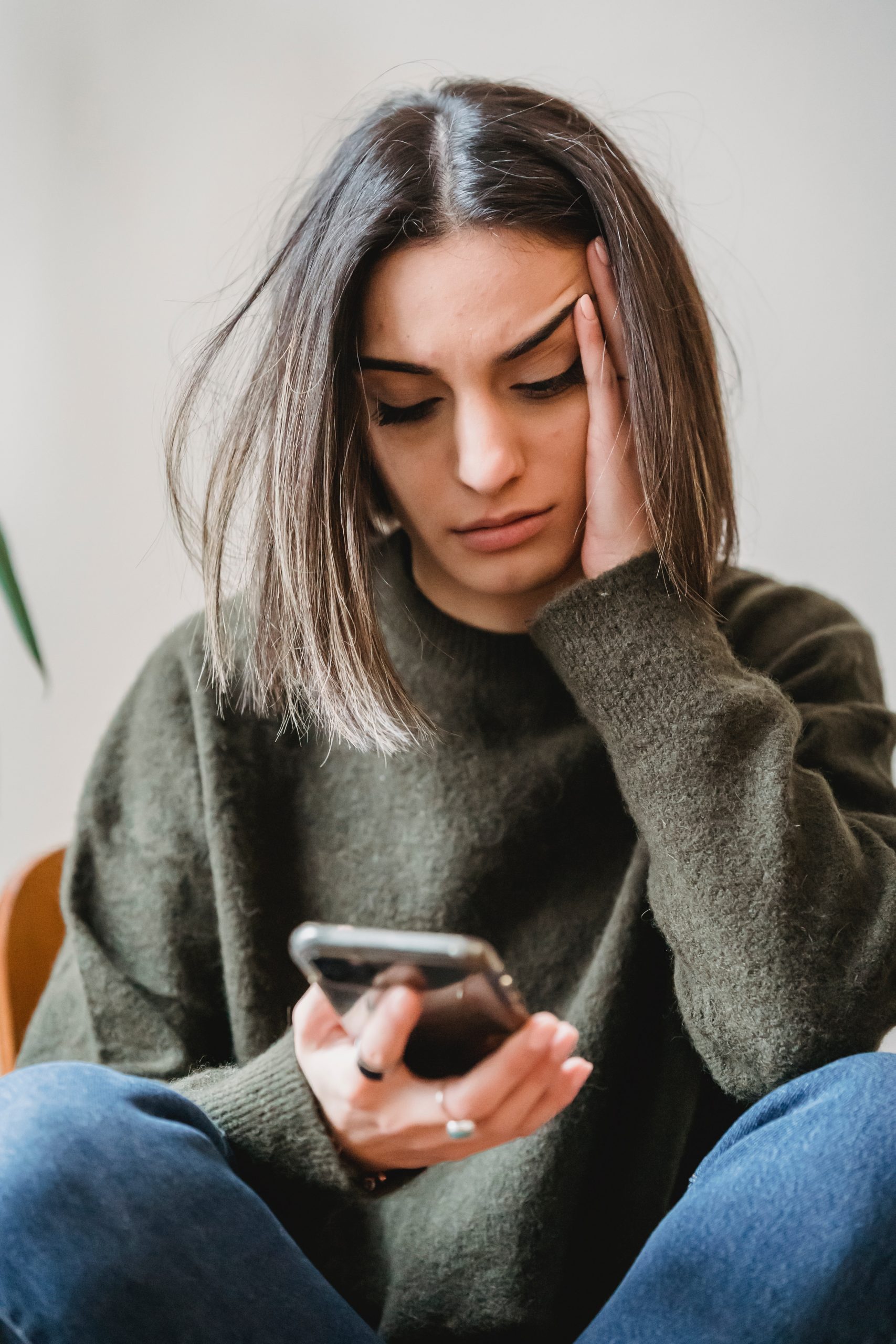
Where does Anxiety come from?
We don’t know exactly what causes anxiety. For some it may come from a history of mental health conditions. For example, if someone in your family had an anxiety disorder you may be more likely to have one too. For others it’s because of a tough life event or negative experience. For example, being in a car accident can leave you having a hard time being around cars or driving.
It’s helpful to see when the anxious feelings started and find out if there was something significant happening around that time.
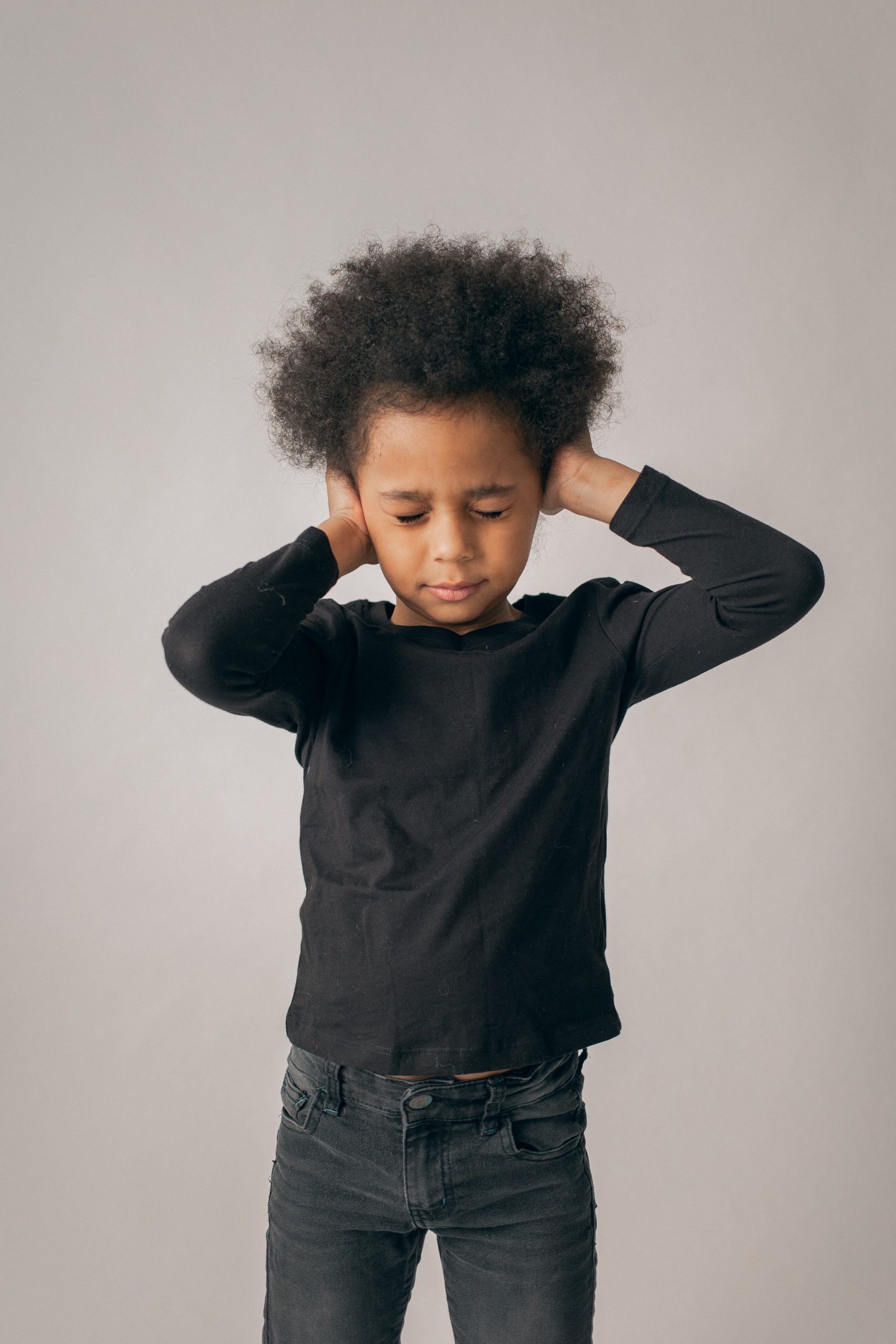
How does anxiety affect children?
While anxiety looks like worry and fear in many people, anxiety in kids can look very different. Many parents notice their child has a high level of fear in normal day-to-day things. Children with anxiety feel worry, stress, and fear, especially in the future but behave angrily or moody. A child feeling anxiety can have mood swings, temper tantrums, crying spells, nightmares, and physical complaints like belly aches and headaches. Many children with anxiety feel fearful of bad things happening either to themselves or to loved ones.
Psychosomatic complaints are particularly common in kids. Psychosomatic complaints are problems in the physical body that are emotionally and mentally driven. For example, a bellyache every day may cause bowel problems. A parent or caregiver may offer medication to help ease the belly pain but find it’s not helping. The reason the meds don’t work is because the problem isn’t the belly, it is the anxiety causing the belly ache.
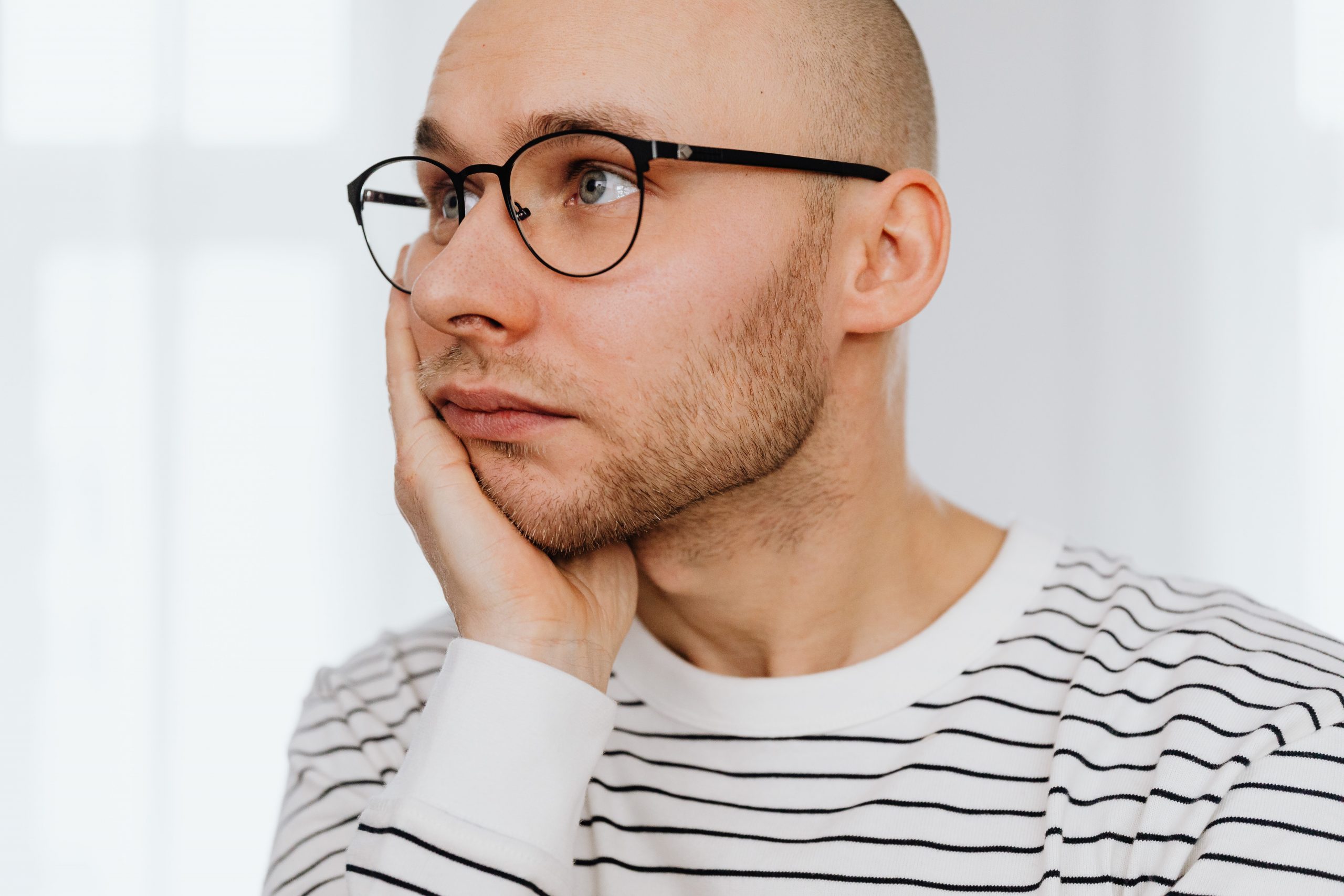
How does anxiety affect adults?
Many adults with an anxiety disorder have intrusive thoughts or fear about the future. You worry about bad things that could happen within the next few minutes, hours, days, months or even years from now (ie: “Who will take care of my kids if I die?”). Generalized anxiety disorder can make it difficult for an adult to get through day-to-day responsibilities or things they have to do.
Many adults feel more anxiety at night time. Without a good night of rest you will feel restlessness and fatigue the next day. Many adults have a hard time feeling at peace because they are constantly trying to get rid of intrusive thoughts. Most times, anxious thoughts don’t make sense and are fear based, but because of the potential possibility of them being real, they are difficult to get rid of (ie: “I’ve been feeling pain in my back, what if I have cancer?”).
For the loved ones around the person with anxiety, relationships can grow strained and tense. The anxious person may project their anxious feelings onto the ones they loved, but instead of coming out like anxiety, the feelings come out with anger, irritability or moodiness.

Does anxiety go away?
Short answer, no. Generalized anxiety disorder is a mental health condition that won’t go away. It is like a physical health condition like diabetes or high blood pressure. With treatment, good habits, support and coping skills, the condition can be regulated and controlled- which is the goal. However, generalized anxiety will never truly “go away.”
You may have heard people with generalized anxiety disorder say “I haven’t felt like anxious in a long time” or “I was doing so well I don’t know where this came from.” However, the anxiety never actually went away. The anxiety disorder was managed so well that it seemed like it wasn’t there. In short, the anxiety can become so controlled it won’t interfere with your life anymore!

How to treat anxiety
Anxiety is classified as a mental health condition. Key word: mental. The best way to cope with anxiety is with mental treatment and mental coping strategies. This can be through counseling, having supportive encouragement, or meds. While not all people diagnosed with generalized anxiety disorder have to take medication, for many it can be helpful.
It’s important not to diagnose yourself and never prescribe your own medication or borrow medication from others. Talking with a psychiatrist [a doctor who specializes in psychological issues] can be very helpful. Many times, primary care physicians like your regular doctor can help point you in the right direction too.

Anxiety Counseling
Counseling is another successful way to treat generalized anxiety disorder. Through counseling, you work on understanding how anxiety impacts you and you can learn unique ways to cope. These coping skills don’t take the condition away, they simply help to get the anxious symptoms under control and keep it stabilized.
Anxiety counseling can last anywhere from a few weeks, to months or years. The important thing is to simply start. Many counselors will work with you each week and give you tools to practice between counseling appointments. If you or your loved one is having thoughts about starting counseling, but aren’t quite sure where to start. We can help. Call or email us today for a same day response. At La Luz Counseling, you don’t have to wait weeks or months on a waitlist before your first appointment. And if we can’t help you, we will point you in the direction of someone else who can. Don’t wait, call today.
Getting Started is Easy
Send us a message below and someone will get back to you via email in just a few hours - even on nights, holidays and weekends! Guaranteed! At La Luz Counseling we understand that when you need help, you need it now, not just during business hours Monday - Friday. We do NOT accept insurance. If we can't help you, we promise to point you in the direction of someone who can!
Contact Us
